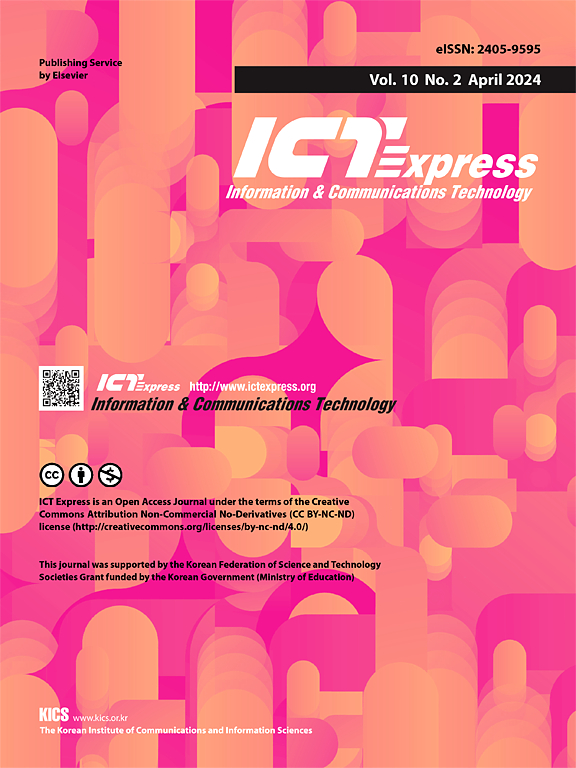Optimizing smart city planning: A deep reinforcement learning framework
IF 4.2
3区 计算机科学
Q1 COMPUTER SCIENCE, INFORMATION SYSTEMS
引用次数: 0
Abstract
We introduce a deep reinforcement learning-based approach for smart city planning, designed to determine the optimal timing for constructing various smart city components such as apartments, base stations, and hospitals over a specified development period. Utilizing the Dueling Deep Q-Network (DQN), the proposed method aims to maximize the city’s population while maintaining a predetermined happiness level of residents in the smart city. This optimization is achieved through strategic construction of smart city components, considering that both the total population and happiness levels are influenced by the interplay between housing, communication, transportation, and healthcare infrastructures, as well as the population ratio. Specifically, we present two distinct formulations of the Markov Decision Process (MDP) for smart city planning to illustrate the practicality of applying reinforcement learning across different scenarios.
优化智慧城市规划:深度强化学习框架
我们为智慧城市规划引入了一种基于深度强化学习的方法,旨在确定在指定的开发时期内建设各种智慧城市组件(如公寓、基站和医院)的最佳时机。利用Dueling Deep Q-Network (DQN),提出的方法旨在最大化城市人口,同时保持智慧城市居民的预定幸福水平。考虑到住房、通信、交通、医疗等基础设施之间的相互作用以及人口比例的影响,这种优化是通过智慧城市组成部分的战略性建设来实现的。具体来说,我们提出了用于智慧城市规划的马尔可夫决策过程(MDP)的两种不同公式,以说明在不同场景中应用强化学习的实用性。
本文章由计算机程序翻译,如有差异,请以英文原文为准。
求助全文
约1分钟内获得全文
求助全文
来源期刊

ICT Express
Multiple-
CiteScore
10.20
自引率
1.90%
发文量
167
审稿时长
35 weeks
期刊介绍:
The ICT Express journal published by the Korean Institute of Communications and Information Sciences (KICS) is an international, peer-reviewed research publication covering all aspects of information and communication technology. The journal aims to publish research that helps advance the theoretical and practical understanding of ICT convergence, platform technologies, communication networks, and device technologies. The technology advancement in information and communication technology (ICT) sector enables portable devices to be always connected while supporting high data rate, resulting in the recent popularity of smartphones that have a considerable impact in economic and social development.
 求助内容:
求助内容: 应助结果提醒方式:
应助结果提醒方式:


